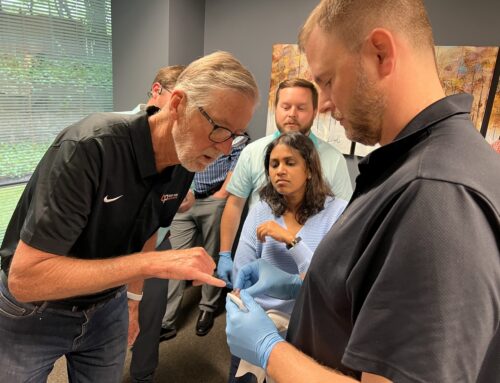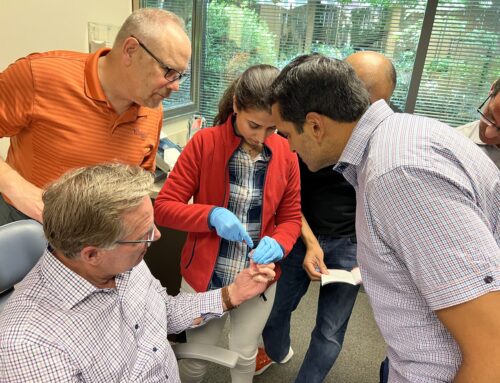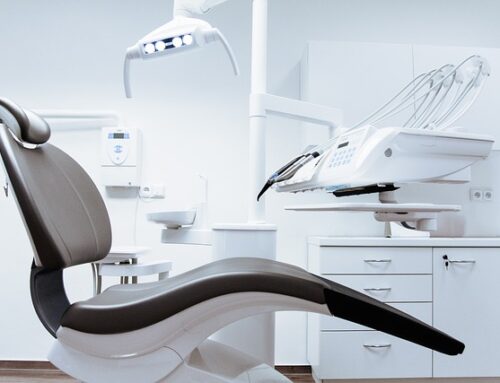When it comes to dentistry, dentists and hygienists are trained to evaluate the entire patient–not just the oral cavity. Because of this those in the dental field become increasingly important in the diagnosis of sleep breathing disorders, such as sleep apnea. Even with dentists seeing their patients at least twice a year, they can recognize traits, characteristics and behaviors that predispose patients to a variety of systemic conditions, including sleep disorders.
A dental appointment allows dentists to properly screen for various signs that might signal a sleep breathing disorder. Various tools used regularly by dentists can significantly improve the diagnosis of sleep breathing disorders because they are able to screen and refer suspect patients to their physician for further diagnosis and treatment. Screening tools can be utilized during the dental hygiene appointment to properly identify patients that are at risk of sleep breathing disorders, such as:
- Completing a simple questionnaire
- Visual intraoral assessment
These two screening options help dentists to successfully identify patients who are at risk for sleep breathing disorders, or those who may already suffer from them.
The biggest role dentists have in this area is the opportunity to co-treat the condition with the patient’s physician using oral appliance therapy, oral surgical procedures, or even orthodontic approaches. Through these dental approaches, you can address increasing the volume of the upper airway primarily by bringing the tongue forward away from the throat.
Necessity of Continuing Education
With advanced research, there has been mounting evidence that with both the oral appliance therapy and surgical, hard tissue approaches, dentists can successfully treat patients suffering from sleep breathing disorders. For this reason, it is more important than ever for dentists to complete continuing education courses to better understand diagnosis and treatment options for this unique field.
As Dental Sleep Medicine continues to gain popularity in the dental field, dentists are in a unique advantage because of the current availability of these ongoing continuing educational opportunities. Dentists can easily find credited classes to help them advance their knowledge of Dental Sleep Medicine from various accredited programs providing seminars and lectures.
As an expert in Dental Sleep Medicine I currently offer consulting services, and I also lead lectures to further improve the knowledge of dentists and their dental teams. I will work with you and your team to help everyone better understand sleep breathing disorders and how to prepare your office for these patients. With the ever-growing availability of continuing education courses, dentists are at a unique advantage to constantly improve their knowledge while further expanding your dental practice with advanced services, including Dental Sleep Medicine.
Most patients show signs & symptoms of sleep breathing disorders before they are formally diagnosed. As a dentist you hold a unique advantage by being able to identify symptoms early on. From proper screening tools to co-treatments and continuing education, dentists can improve patients’ oral and overall health through dental visits and better understanding sleep breathing disorders.






